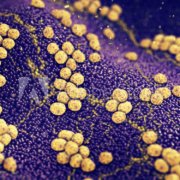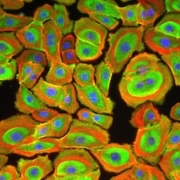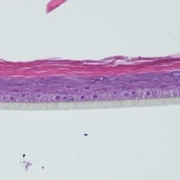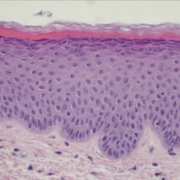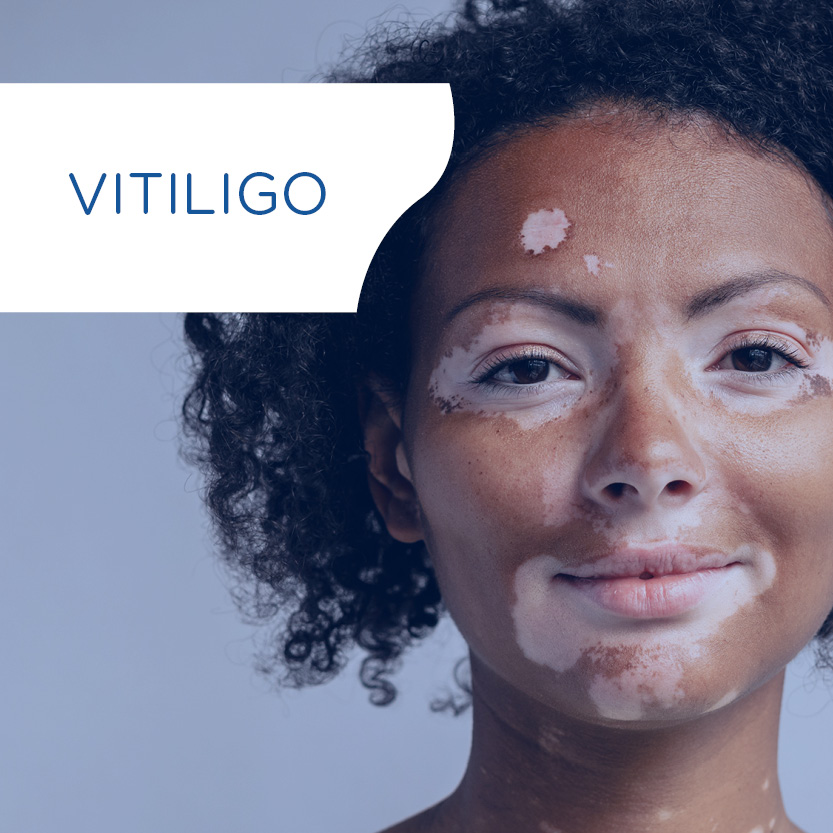Cell and tissue engineering is the core expertise of QIMA Life Sciences. Over the past two decades, we have developed more than 200 in vitro models, which include human tissues from donors and various microorganisms.
At QIMA Life Sciences, we prioritize quality and control. As a result, each in vitro and ex vivo model undergoes thorough development and validation to ensure that the data we provide is reliable and reproducible.
Our diverse range of models is supported by collaborations with a trusted network of industrial, hospital, and veterinary partners. Through these research programs, we collect, store, and prepare biological samples from both human and animal sources.
A full range of in vitro and ex vivo models
Most of our cell models are:
- Developed in-house
- Derived from human or animal sources (for veterinary applications)
- Collected from multiple donors (diversity of collection area, age, gender, and geography)
- Obtained from both healthy and pathological donors
QIMA Life Sciences possesses strong expertise in the cell engineering techniques necessary for the culture of:
- Immortalized or transfected cell lines
- Primary and secondary cells
- Progenitor cells
- Co-cultures
- Reconstructed tissues
- Organotypic cultures (explants)
Microorganisms
Bacteria
Virus
Yeast
2D In Vitro Models
Cell lines
Primary cells
Progenitor cells
Co-cultures
3D In Vitro Models
Spheroids
Reconstructed tissue
Hair Follicle organoids
Cell engineering customized services
With over 25 years of experience in cell engineering and in the in vitro or ex vivo culture of mammalian cells, our scientific team can assist you with new challenges for the development of complex or innovative models:
- tissue dissection and microdissection
- primary cell isolation, amplification and cell reserves
- isolation and organotypic explant culture
- construction of genetically modified cells (transient transfection)
- 3D tissue reconstruction
- phenotypic and functional characterization of models
QIMA Life Sciences is committed to developing effective alternatives to animal experimentation methods.
As a result, we have built strong expertise in developing in vitro animal cell and tissue models, including canine (for veterinary applications).



